1. Battle Mental Fatigue and Isolation
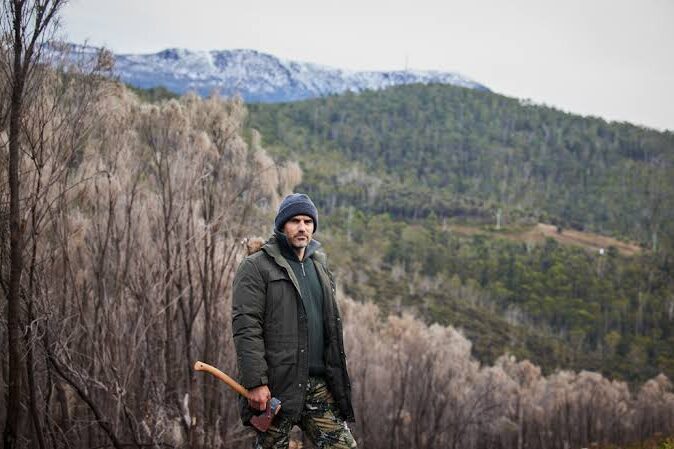
Physical hardship is brutal, mental fatigue is often the killer. According to contestant interviews, most tap-outs occurred not due to injury or starvation but because psychological strain became overwhelming. Isolation, boredom, anxiety, and persistent hunger combine into a mental tidal wave that felt more relentless than the cold or physical exhaustion. Even trivial tasks like fashioning utensils or weaving rope helped maintain purpose. Those who embraced routines and allowed themselves to acknowledge the emotional toll tended to endure longer than those who fought inner struggles alone.
2. Shelter Survival
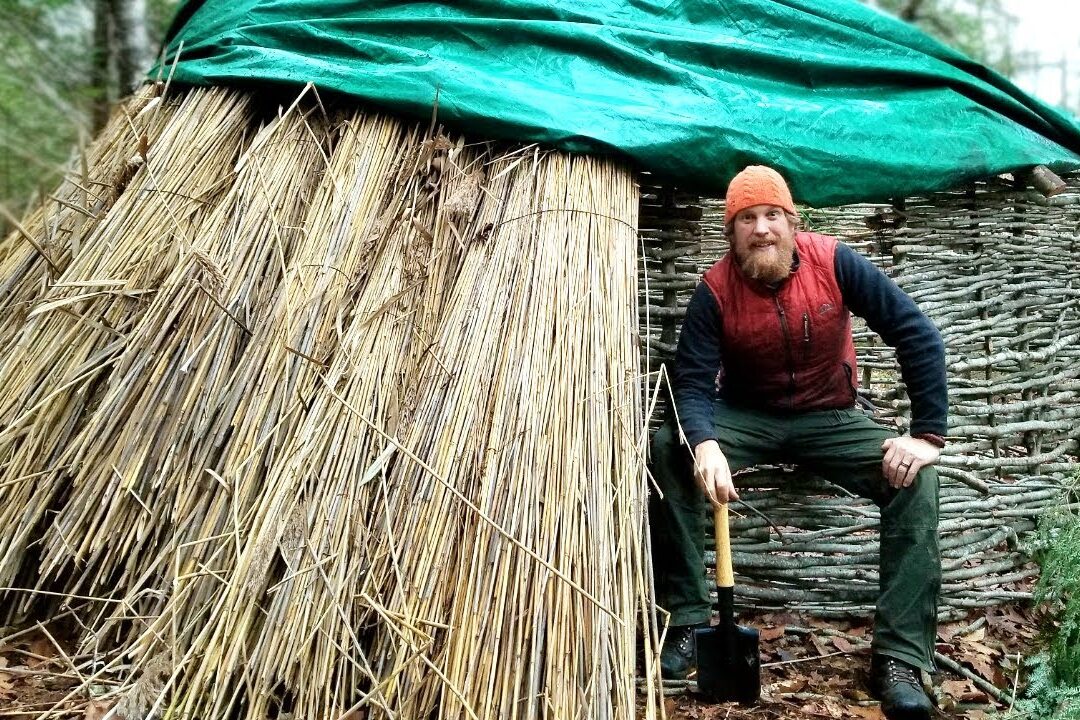
A flimsy shelter may look fine in mild weather, but when storms hit, it collapses or leaks. Contestants who rushed quick builds often had to rebuild repeatedly, losing precious energy and leaving themselves exposed to hypothermia and discomfort. Solid shelters, with good insulation, structure, and bedding, last much longer under wind, rain, or cold. For example, Zach Fowler in Season 3 built a substantial A‑frame that took him weeks but gave reliable protection through storms. That investment paid off: he conserved energy and stayed warmer, while others tapped out after losing too much body heat in weak structures. Well‑engineered shelters help avoid repeated failures that drain both body and mind.
3. Conserve Calories
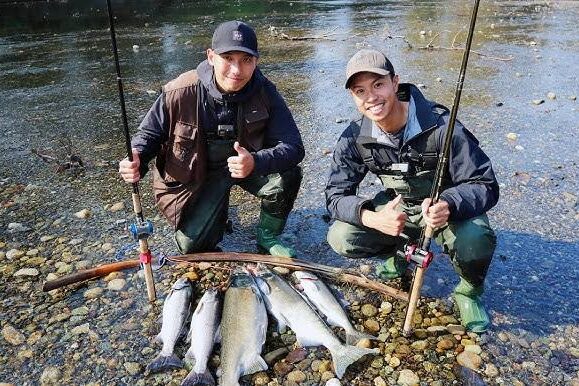
On Alone, daily food often yields just a couple hundred calories, and every task burns more. Contestants who didn’t ration energy found themselves in a downhill calorie deficit, losing lean mass and stamina quickly. Conserve calories by prioritizing high‑yield activities like fishing or trap setup, rather than repeatedly gathering low‑calorie materials. Some survivalist of Alone on Season 1 lasted longest by focusing on fishing and foraging nutrient‑dense seaweed and shellfish, rather than chasing small game. That steady rhythm kept hunger at bay and allowed energy to go toward shelter or fire-building rather than constant hunting.
4. Know Edible Plants Fast

Being able to identify safe, local wild edibles fast is critical, starving contestants have tapped out simply because they lacked knowledge of plant species around them. Watching roots, berries, kelp or fern rhizomes kept some contestants alive much longer than if they had relied only on hunting. In multiple seasons, contestants used quick trips to identify edible plants near campsites early, turning them into meal staples. Those who didn’t learn fast had to rely solely on fishing or trapping, limiting calories and nutrients, and often leading to earlier tap‑outs.
5. Outsmart Predators
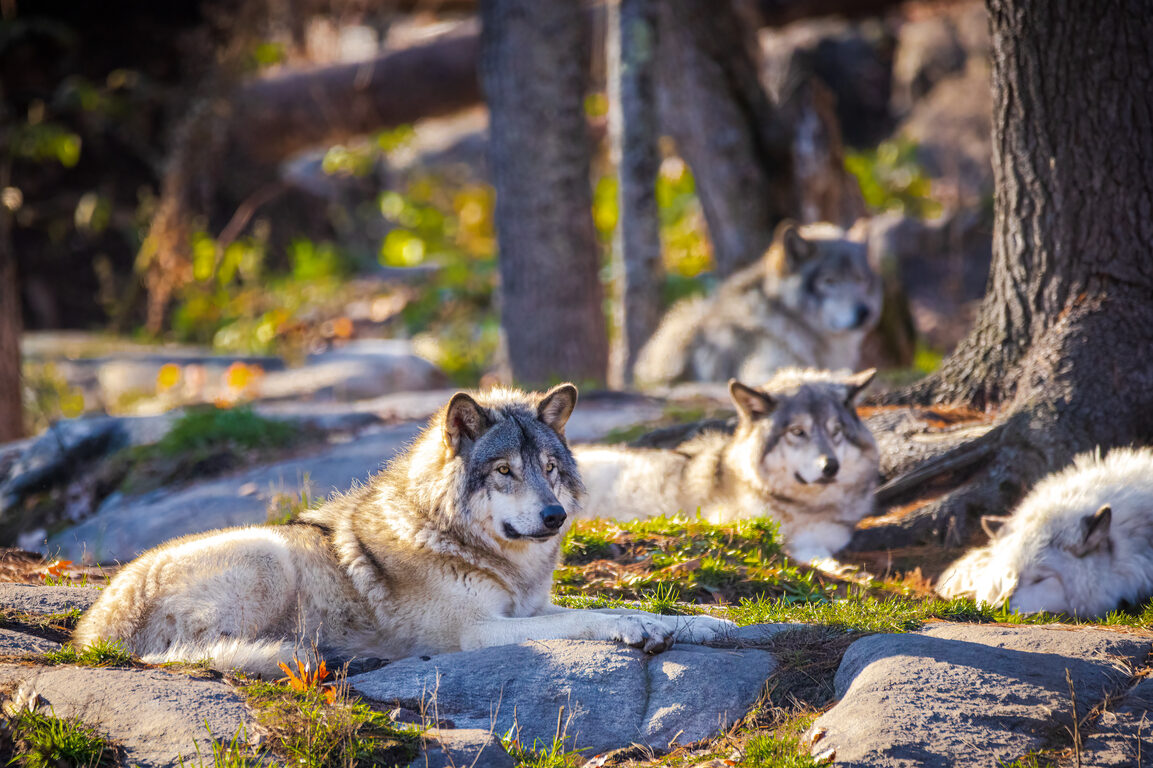
Predator territory, from bears to packs of wolves, changes the game. Contestants who didn’t respect this often panicked, made poor shelter choices, or failed to secure food stores. Understanding when to stand firm (e.g. guarding meat) and when to hide or back off is a life‑or‑tap‑out skill. Some survivalists tapped out within days due to fear of local predators, even though they had skills. A calm mind and smart routines, like hanging food, keeping fire and visibility up, or avoiding animal trails, help survivors endure. Being confident yet cautious is far more effective than brash or fearful decisions.
6. Maintain Your Fire
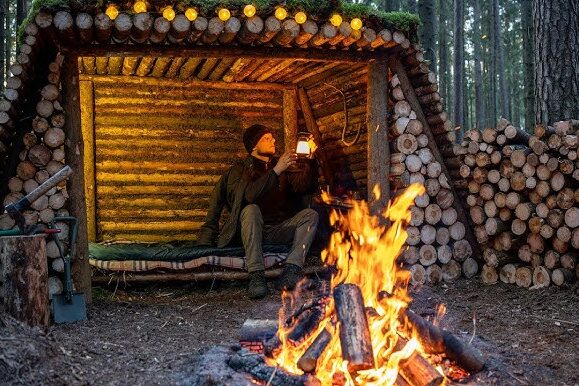
Fire is more than warmth and cooking, on Alone, it’s the very heartbeat of the camp. Contestants often treat their fire with ritual-like care: shielding embers overnight, preparing tinder in advance, and using permanent fire pits or reflectors to maximize efficiency. A fire that dies can result in hypothermia, spoiled food, and lost morale. Starting from scratch in wet or windy conditions can cost hours of effort when energy is already precious. One veteran contestant described waking at dawn to find embers gone and deep chills creeping in. Protecting the fire by building a windbreak, covering embers with ash, and dredging fresh tinder early became a daily priority. That routine saves time and ensures consistent heat. A dependable fire also keeps predators at bay and boosts morale with its steady glow, especially during long, cold nights.
7. Use Trash to Make Tools
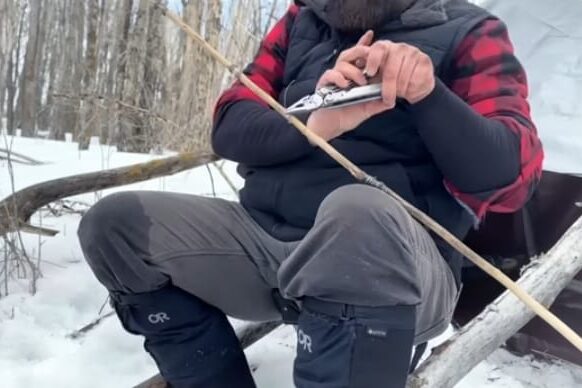
Scavenging even small debris, tiny wood, twisted rope, old can lids, or stray metal, gave contestants unexpected leverage. In locations with past human activity, they retrieved rusty nails, wire, or broken gear and repurposed them into tools like fishhooks, snares, cutting implements, or traps. Limited gear means creativity with found materials is a true advantage. For example, someone may find parts of a discarded can lid near their site and fashioned a crude fishing hook. Others repurposed rope fragments to add to trap lines or secure shelter frames. These improvised tools often required minimal effort but amplified results, making fishing, trapping, or camp maintenance much more effective than not using them at all.
8. Monitor Health Closely
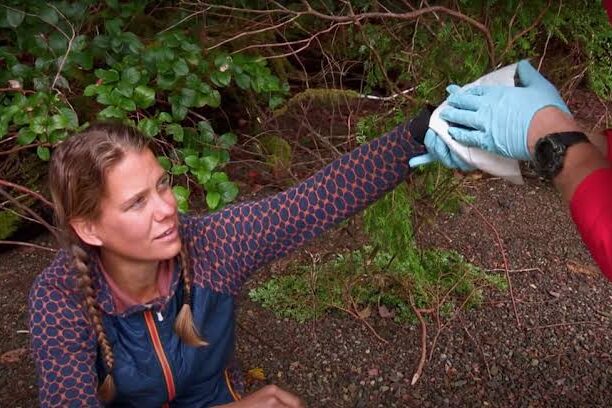
Subtle changes in body temperature, urine output, or wound healing can be early warning signs in the wilderness. Hypothermia risk grows when the body is cold and calorie-depleted; dehydration impairs cognition and stamina; even minor infections can spiral without treatment. Contestants are checked by medical staff periodically, and many have tapped out because their bodies showed signs of danger. Survivors report tracking hydration by noting urine colour and energy levels. Keeping dry and layering clothing helps prevent hypothermia. Tight camp hygiene, cleaning wounds, avoiding blisters, proved crucial. Those who respected early warning signs and adjusted routines, for example, resting during dehydration or seeking shade, preserved health far better than those who pushed through stubbornly.
9. Rest When Necessary
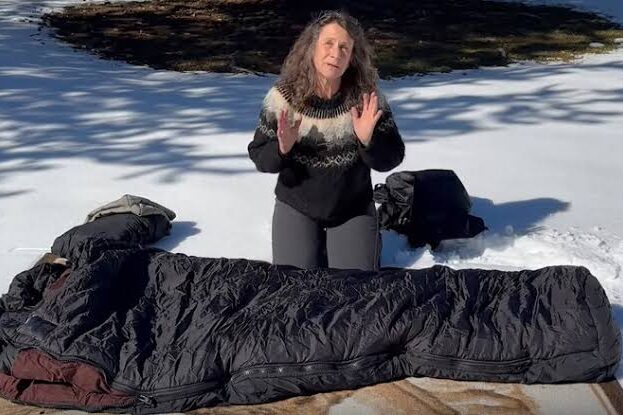
On Alone, energy is currency, and everything costs calories. Contestants must decide when to push hard (building shelter or traps) and when to rest. Overexertion in cold or hunger leads to rapid calorie depletion, muscle fatigue, and burn‑out. Rather than inefficient, repetitive labor, one winner emphasized that early days set the tempo: he invested time in multiple passive food systems that would sustain him while conserving his strength. He slept when necessary, built incrementally, and stayed flexible in scheduling chores. That energy management allowed him to endure when others burned out fast by chasing low-yield tasks or ignoring warning signs of exhaustion.
This story 9 Brutal Lessons You’d Learn If You Were Dropped Into “Alone” was first published on Daily FETCH


